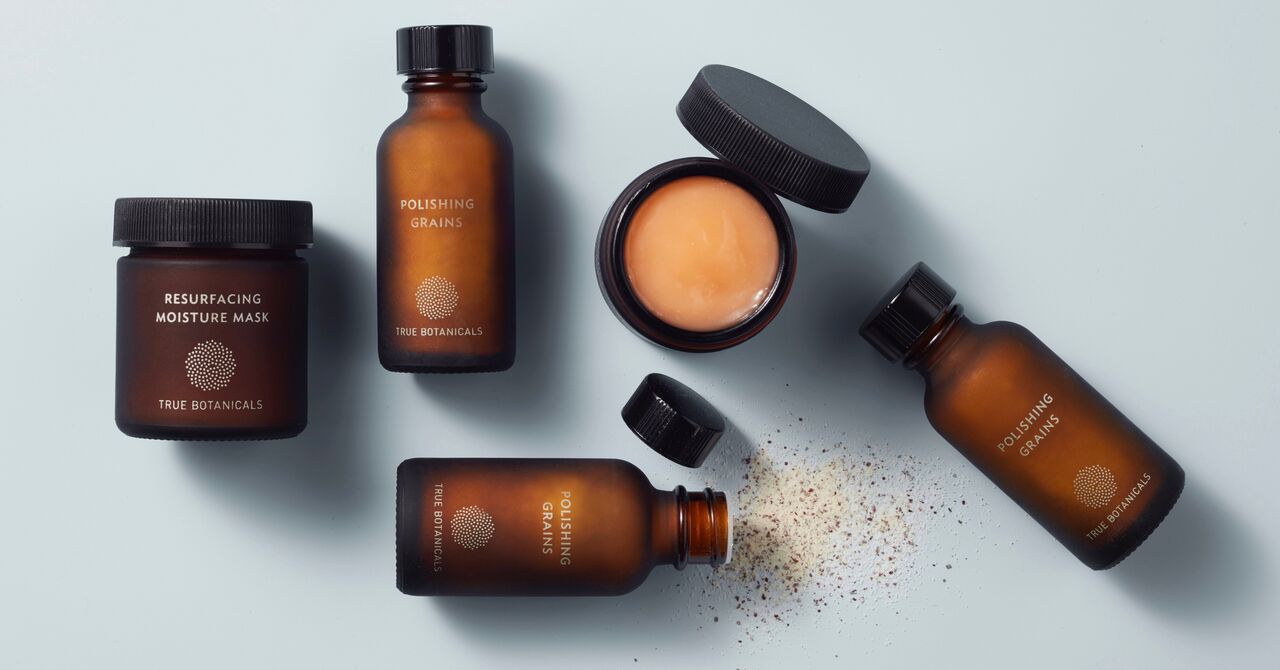Antioxidants seem to be everywhere from infused teas to energy drinks to chocolate to skin care. It’s tempting to dismiss this trend as a well-crafted marketing campaign, but the truth is, antioxidants are some of the most effective and natural treatments for combating cellular damage and signs of aging.
 What Are Antioxidants?
What Are Antioxidants?
Antioxidants are molecules that help repair and protect cells against oxidative damage caused by free radicals.
Free radicals are highly reactive molecules that can cause damage to cell membranes and DNA. Although the formation of free radicals is a normal part of the metabolic and aging process, exposure to UVA rays, air pollutants, industrial chemicals, and carcinogens can accelerate the formation of free radicals at the cellular level.
When cells become oxidized, they lose the molecular components that make them stable. Damaged cells can interact with and break down other molecules in our body, like our DNA, lipids, and proteins.
Antioxidants play a key role in stopping this cycle. Antioxidants can seek out and destroy free radicals before they cause further cellular damage. This can slow the aging process.
What Are the Side Effects of Cellular Changes?
Cellular changes associated with aging can be understood in two ways:
- Chronological: An individual’s natural and predetermined disposition to certain diseases, conditions, and characteristics.
- Photoaging: A function of exposure to environmental toxins, ultraviolet rays, and pollutants.
Both chronological and photoaging are associated with cellular changes, with different degrees of severity. Chronological aging can advance our skin’s aging process through increased laxity, fine lines, and wrinkles. Photoaging, on the other hand, can be associated with dryness or a leathery appearance, and more serious conditions like precancerous growths or even skin cancer.
How Can Antioxidant Skin Care Help Protect Against Cellular Damage?
Antioxidants can take many forms, including ascorbic acid, vitamin E, vitamin C, lycopene, carotenoids, or a mixture. Although we absorb antioxidants naturally through teas, vegetables, and fruits, topical application through creams and oils can also increase antioxidant uptake.
According to research published in ISRN Dermatology, vitamin C has been found to increase collagen production, protect against damage from sun exposure, correct pigmentation issues, and decrease skin inflammation. Green tea polyphenols have also been shown to have anti-inflammatory, anti carcinogenic, and anti aging properties.
An antioxidant serum or booster infused with healthy extracts such as tapioca starch, resveratrol, quercetin, and other healthy antioxidants can protect skin from UV damage and other environmental toxins that advance the skin’s aging process. As a bonus, a potent antioxidant serum can fight other signs of aging, including sagging skin, wrinkles, hyperpigmentation, and skin inflammation.
An antioxidant serum is excellent as a stand-alone product, but Incorporating it into your anti aging skin care regimen can increase antioxidant absorption at every stage of application. From a hydrating cleanser that softens and hydrates to a renewing facial mist that leaves a radiant glow to a soft facial oil that restores and protects, a skin care routine replete with antioxidants and healthy fatty acids will help nourish skin and prevent future damage.
About True Botanicals
True Botanicals believes in pure and potent skin care treatments that are proven with independent clinical trials. Their high-performing formulas are designed to nourish, replenish, soothe, and hydrate skin with botanical extracts, vitamins, antioxidants, and essential oils. From their day and night face oils to their powerful anti aging cream, True Botanicals’ products are made with independently certified-nontoxic ingredients and are gluten-free, non-GMO, cruelty-free, and Leaping Bunny certified.
Browse the entire line of nontoxic skin care products at Truebotanicals.com
Original Source: https://goo.gl/9n43RP

 Log in with Facebook
Log in with Facebook 






